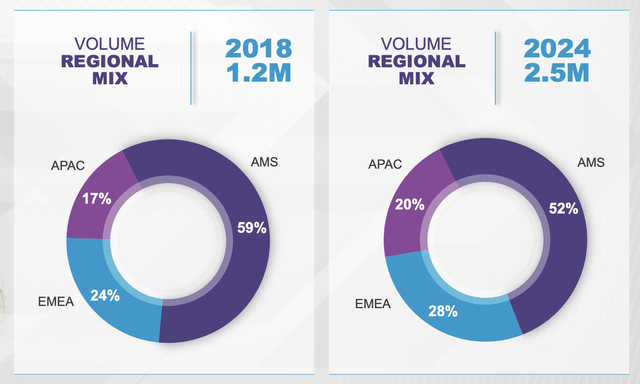How Tech Will Transform Aussie Real Estate by 2025: What You Need to Know

The Australian real estate landscape is on the cusp of a massive shift, and technology is the driving force. Forget open houses and endless paperwork – 2025 will see a dramatically different way of buying, selling, and managing property. This guide breaks down the key tech trends reshaping the industry, from virtual reality viewings to AI-powered property valuations, and explains how they'll impact both buyers and sellers.
The Rise of Virtual Reality and 3D Tours
Remember physically attending countless open homes? That's becoming a thing of the past. Virtual reality (VR) and 3D tours are already gaining traction, and by 2025, they'll be commonplace. Prospective buyers can explore properties from the comfort of their own homes, any time of day. This saves time, reduces travel costs, and allows for a more detailed and immersive experience. Expect to see high-quality VR tours become a standard feature in property listings, complete with interactive elements and virtual staging.
AI-Powered Property Valuations & Market Analysis
Gone are the days of relying solely on a real estate agent's opinion for property valuations. Artificial intelligence (AI) is revolutionising the process. AI algorithms can analyze vast amounts of data – including historical sales data, market trends, demographic information, and even social media sentiment – to provide more accurate and data-driven property valuations. This empowers both buyers and sellers with valuable insights, helping them make informed decisions and negotiate better deals. AI will also be used to predict future market trends, giving investors a significant advantage.
Blockchain Technology: Streamlining Transactions
The buying and selling process can be notoriously complex and time-consuming, involving numerous parties and piles of paperwork. Blockchain technology offers a solution by creating a secure, transparent, and immutable record of every transaction. Smart contracts, built on blockchain, can automate many of the steps involved, reducing delays, minimising errors, and increasing security. While widespread adoption is still in its early stages, blockchain has the potential to significantly streamline real estate transactions in Australia.
The Internet of Things (IoT) and Smart Homes
Smart home technology is no longer a luxury; it’s becoming a standard expectation. The Internet of Things (IoT) allows devices to connect and communicate with each other, creating a more convenient, efficient, and secure living environment. Features like smart thermostats, automated lighting, and security systems will be increasingly integrated into homes, adding value and appeal. Real estate listings will increasingly highlight the smart home features of a property.
The Impact on Real Estate Agents
While technology is disrupting the industry, it's not replacing real estate agents entirely. Instead, it's transforming their role. Agents will need to embrace technology and adapt to the changing landscape. Their focus will shift towards providing more personalized service, leveraging data insights, and acting as trusted advisors to their clients. Those who fail to adapt risk being left behind.
Looking Ahead: 2025 and Beyond
The trends outlined above are just the tip of the iceberg. As technology continues to evolve, we can expect even more innovative solutions to emerge in the real estate industry. From drone photography and virtual staging to personalised property recommendations and automated property management, the future of real estate is undeniably digital. Staying informed about these trends is crucial for anyone involved in the Australian property market.






